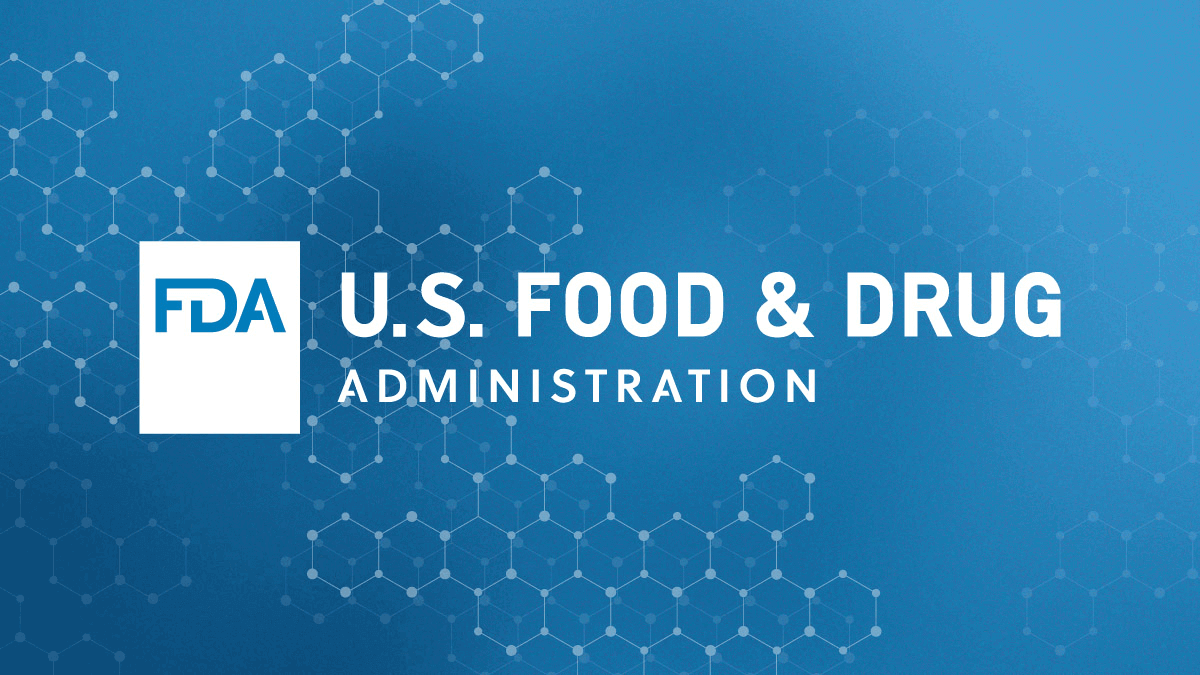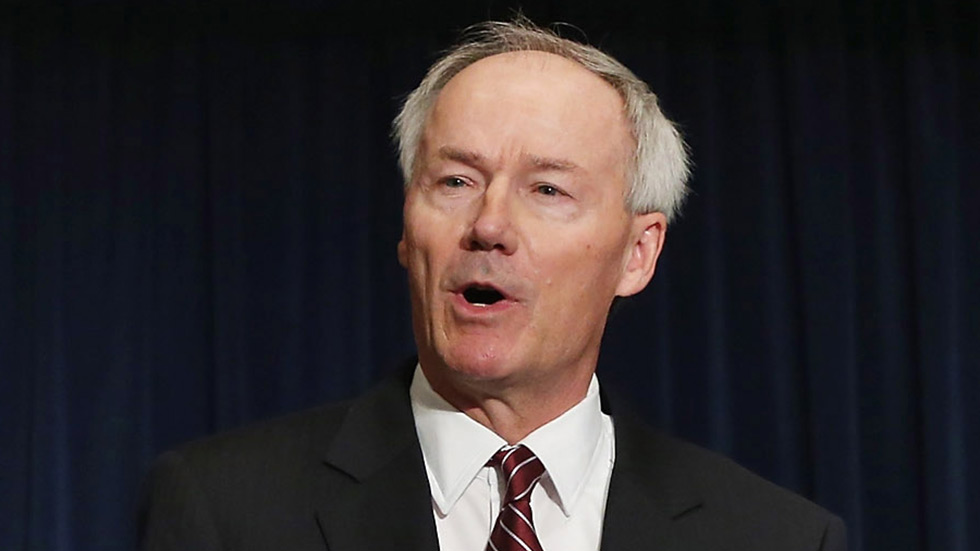DIY-HP-LED
Well-Known Member
WHO urges masks; Pfizer, Moderna vaccine long immunity: Updates (usatoday.com)
Pfizer, Moderna vaccines may offer immunity for years to come, study finds
The Pfizer and Moderna vaccines created a long-lasting immunity that may protect people from COVID-19 for years, a new study found.
The new results mean that people who received the mRNA vaccines may not need boosters so long as variants do not drastically evolve.
As for those who recovered from the coronavirus and received the vaccine later on, a booster may not be needed even as the virus mutates, the study's results suggest. The study, published in the Nature journal, didn't consider the Johnson & Johnson vaccine in its research, but it's expected to be less durable.
“It’s a good sign for how durable our immunity is from this vaccine,” Ellebedy told New York Times.
95% of those who've died from COVID-19 in Wisconsin since March weren't vaccinated or fully vaccinated
Nearly all Wisconsinites who recently have died of COVID-19 were unvaccinated — or not fully vaccinated — state health officials said Monday.
And just 1% of all confirmed and probable COVID-19 cases since Jan. 1 have been among those who were fully vaccinated, a spokeswoman for the state Department of Health Services said.
The stark news came as Wisconsin finally reached a significant milestone Monday, with 50.1% of the state's population receiving at least one dose of the COVID-19 vaccine.
Between March 1 and June 24, 95% of confirmed and probable COVID-19 deaths were among those who weren't fully vaccinated, DHS spokeswoman Elizabeth Goodsitt said in an email.
"The science is clear: vaccines work in the real world. They save lives," Goodsitt said. "And if you are fully vaccinated, you are protected. All three vaccines have been tested and proven to be safe and effective."
Goodsitt added: "Take a look at the COVID-19 data and you will see that cases, hospitalizations, and deaths have been declining since vaccines were authorized and we started getting shots in arms."
Pfizer, Moderna vaccines may offer immunity for years to come, study finds
The Pfizer and Moderna vaccines created a long-lasting immunity that may protect people from COVID-19 for years, a new study found.
The new results mean that people who received the mRNA vaccines may not need boosters so long as variants do not drastically evolve.
As for those who recovered from the coronavirus and received the vaccine later on, a booster may not be needed even as the virus mutates, the study's results suggest. The study, published in the Nature journal, didn't consider the Johnson & Johnson vaccine in its research, but it's expected to be less durable.
“It’s a good sign for how durable our immunity is from this vaccine,” Ellebedy told New York Times.
95% of those who've died from COVID-19 in Wisconsin since March weren't vaccinated or fully vaccinated
Nearly all Wisconsinites who recently have died of COVID-19 were unvaccinated — or not fully vaccinated — state health officials said Monday.
And just 1% of all confirmed and probable COVID-19 cases since Jan. 1 have been among those who were fully vaccinated, a spokeswoman for the state Department of Health Services said.
The stark news came as Wisconsin finally reached a significant milestone Monday, with 50.1% of the state's population receiving at least one dose of the COVID-19 vaccine.
Between March 1 and June 24, 95% of confirmed and probable COVID-19 deaths were among those who weren't fully vaccinated, DHS spokeswoman Elizabeth Goodsitt said in an email.
"The science is clear: vaccines work in the real world. They save lives," Goodsitt said. "And if you are fully vaccinated, you are protected. All three vaccines have been tested and proven to be safe and effective."
Goodsitt added: "Take a look at the COVID-19 data and you will see that cases, hospitalizations, and deaths have been declining since vaccines were authorized and we started getting shots in arms."





